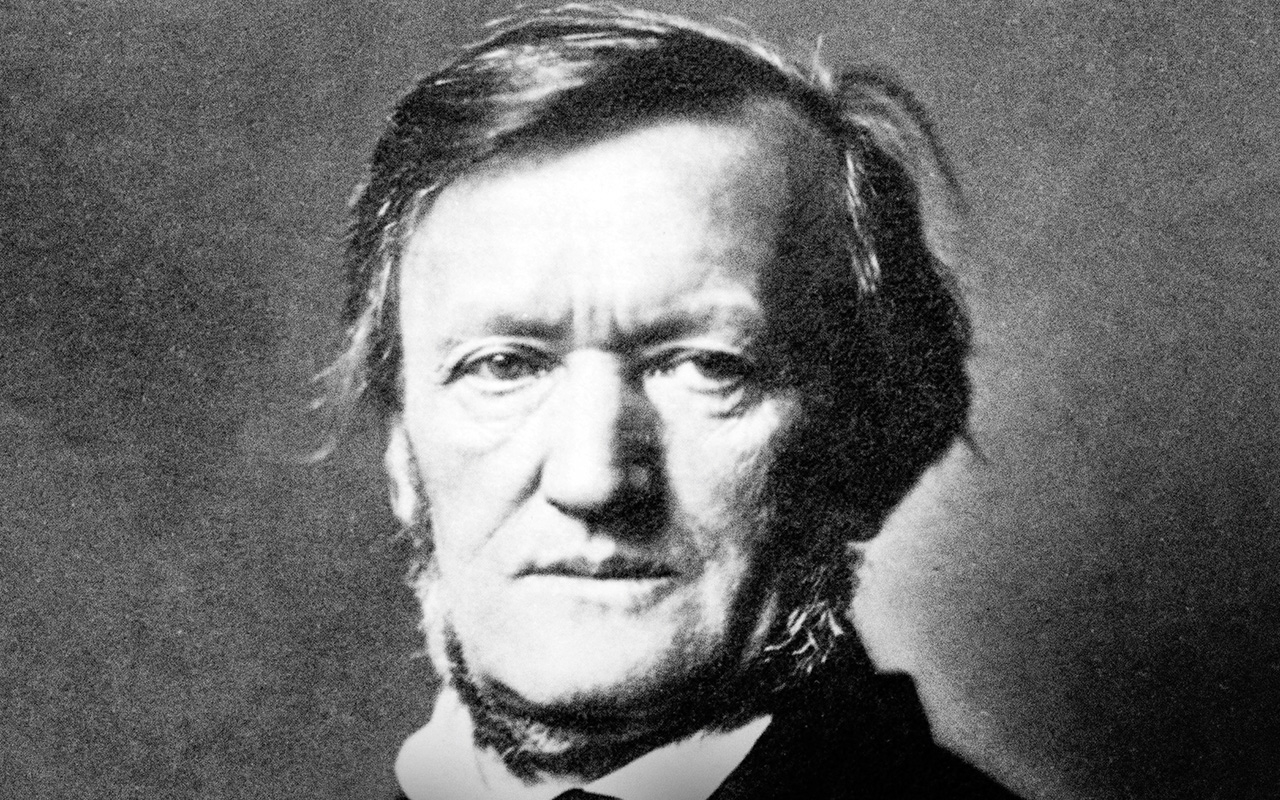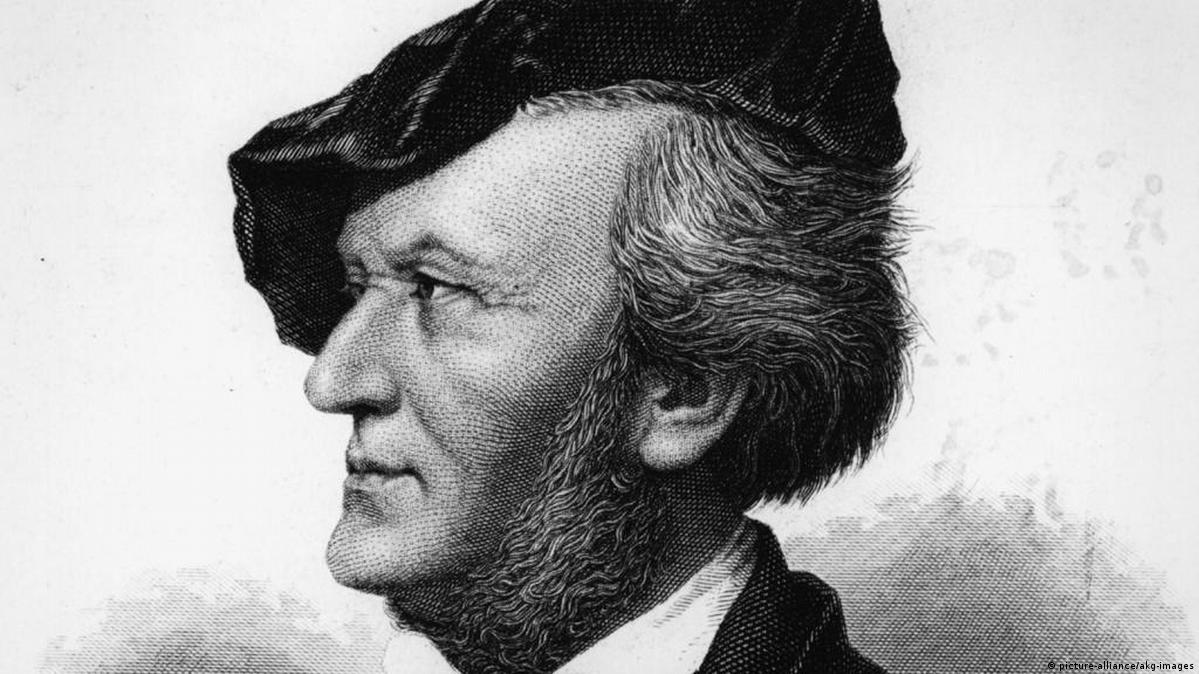
Top 10 Wagner Songs
Richard Wagner (1813-1883), a towering figure in the world of classical music, revolutionized opera through his innovative use of leitmotifs and orchestration. His works, characterized[…]

Richard Wagner – Biography and History
Richard Wagner, one of the most influential composers in the history of classical music, was born on May 22, 1813, in Leipzig, Germany. He was[…]

Fascinating facts about Wagner
Richard Wagner was a prominent composer of the 19th century, known for his influential contributions to opera and his complex, often controversial, personal and artistic[…]

Unveiling the Enigma: Curiosities about Composer Richard Wagner
Richard Wagner, the renowned German composer, conductor, and theater director, left an indelible mark on the world of music with his monumental works and innovative[…]